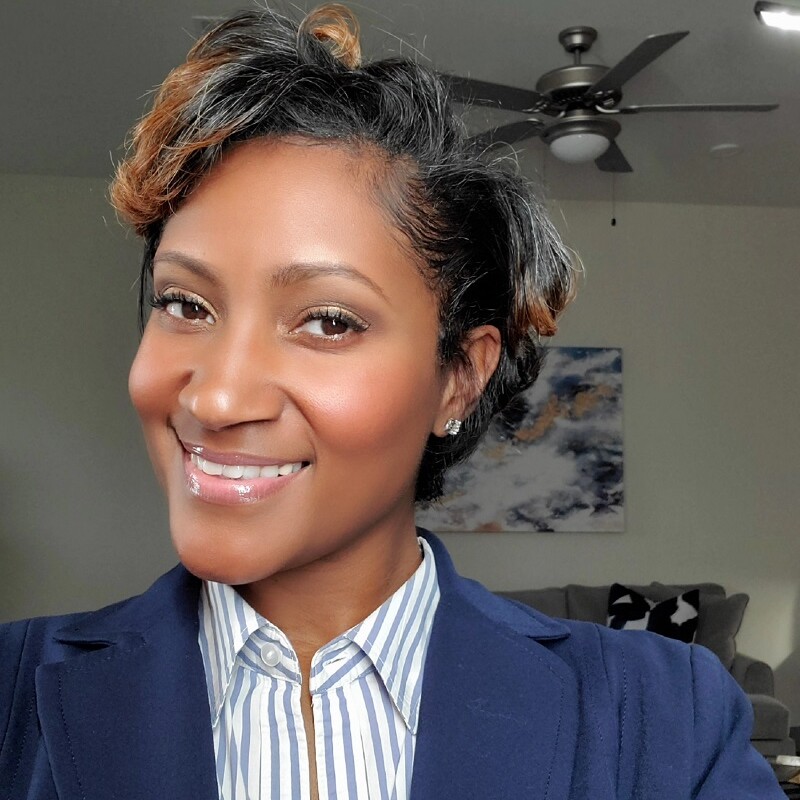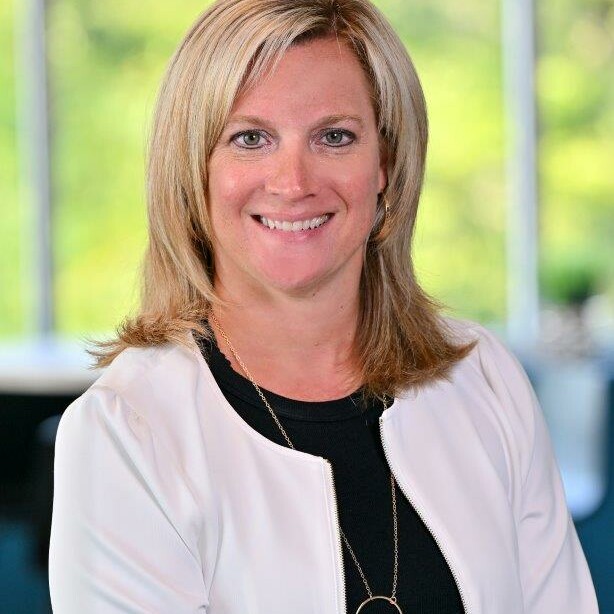All Things Admin Joins ASAP. Learn More ›
Conflict Resolution: Behind the Session with Cherron Castillo
July 5, 2023

The 30th annual Administrative Professionals Conference (APC) is set to open its doors from Oct. 22-25, 2023 at Caesars Palace in Las Vegas. Among the nearly 50 speakers and dozens of sessions, Cherron Castillo, owner and principal facilitator of Fruitful Training Group, will present “The Conflict Whisperer: Unlocking the Secrets to Managing Challenging Relationships.”
We reached out to Cherron to talk about her APC session, the power of resolution, the hardest relationships to manage, and much more.
When you get on stage in Las Vegas and talk to the audience about conflict management, I’m interested in what sparked this idea for a session for you? Was there something that you witnessed that created that eureka moment for you?
Cherron Castillo: As I was thinking about the audience for this conference (administrative professionals), I realized that conflict is a regular occurrence and this skill is in high-demand. Admins have to deal with things like:
Competing priorities
Difficult personalities of people trying to get in touch with the leaders they support, and sometimes the difficult leaders themselves
Juggling work and the difficult task of saying no
Being the bearer of bad news
And that's only to name a few times when conflict shows up.
Conflict resolution is an area that we can all improve, continuously. This session will serve as a refresher for those who know but haven't been applying techniques, encouragement for those who are already fighting the good fight, and a paradigm shift in thinking and self-reflection and self-regulation for all.
One of the great challenges in any work environment is managing personalities. Can you give us an idea of how you managed personalities in your previous jobs? Was there a certain personality that was the most challenging?
Big idea first: I like to observe and study people. I pay attention to how they respond to me and others, as well as their general disposition. I attempt to evoke the mighty powers of emotional intelligence to read and respond accordingly. I'm a sponge. And THEN, I ask questions.
I remember working with a colleague who always complained about being busy and overworked. They complained about leadership and their own team. Let's call her "Complaining Carla." Through observation, I realized that Complaining Carla created a lot of the stress that she was so stressed about.
To manage her personality, I would listen and acknowledge her plight, but not for very long. I would ask her questions to pivot from complaining to self-realization and finding solutions.
For example, she complained that she did so much at work and had to take on something else. I asked, "Since you're already doing so much, what made you say yes to taking on another task?" I also encouraged her to say no to anything else, because that's what I would do.
Asking questions helped guide the conversation away from complaining. She admitted that she liked being needed and liked to help, even though it was a lot. That gave me the opportunity to commend her on all she did. I think that may have been what she wanted all along: acknowledgement and appreciation.
When you mention conflict resolution, I immediately think of personal relationships as well as business ones. Do you find similarities between relationships at home v. work?
Here is my Cherron-osophy (Cherron's philosophy): Conflict resolution concepts are pretty much the same, but the application can be different for each context.
I once heard Craig Groeschel make a comment related to handling change that I think applies here: "The mission is the same, but HOW we accomplish the mission may need to change." And so it goes with personal and professional conflict resolution: same mission, different "how."
Relationship has a huge impact on HOW you approach resolving conflict. I believe that many of us are more intentional about getting to the resolution in work settings. That means we are more likely to stop, think, and TRY to apply techniques and strategies. Otherwise, we risk losing our credibility and, potentially, our jobs. In personal conflict, however, we can be more strong-willed (stubborn) and forget all the strategies, or not feel like applying them.
There have been times of conflict at home when I stop and ask myself, "Why is this happening? I train on this stuff!" In those moments I realize the "application gap" — the gap between knowing and doing. It's then that I adjust and govern myself accordingly!
You talk to a lot of people across industries in different roles. Is there a common theme you can point to that sets people off? And on the flip side of that, is there a trait that you can point to that would reduce or eliminate conflict in the workplace?
Three things I've noticed (sometimes intertwined) that generally provoke conflict are:
- Lack of humility
- The need to be right
- An aggressive communication style (verbal and non-verbal behaviors)
When you throw in the fact that people "take offense," you've got the perfect storm.
If you were to reverse all of those, then what a wonderful world it would be. No one likes a know-it-all. Not even a know-it-all wants to encounter another know-it-all! So, the answer is humility, even when you KNOW you're right or have a great idea. HOW you show up and communicate your thoughts matters.
We all have a need when communicating and it's up to us to be self-aware and then to self-regulate. Examples of needs are:
- The need to be understood
- The need to understand
- The need for more information
- The need to be validated
- The need to be right
Each of these needs impacts how we relate to others, and need No. 5 (the need to be right) can absolutely put you on the fast track to conflictville! The solution goes back to humility, in addition to transparency, and acknowledging there may be another great idea/way aside from your own.
Regarding communication style, I encourage people to learn to be assertive in body language, tone, and words. Assertive people are willing to speak up without attack; they demonstrate a mentality of, "You've got rights and so do I."
To deal with difficult people, I would encourage the world to take a moment; don't take offense. Ask questions and truly seek to understand. Suspend your judgment and proclivity to get upset. You have the option to "take offense" or not!
Learn more about Cherron Castillo and her work at FruitfulTrainingGroup.com.
Join the Conversation
Welcome to the ASAP Circle, a community platform for peer-to-peer conversation on trending topics, professional challenges, and shared experiences. We even have designated spaces for weekly Tuesday Coffee Breaks.










